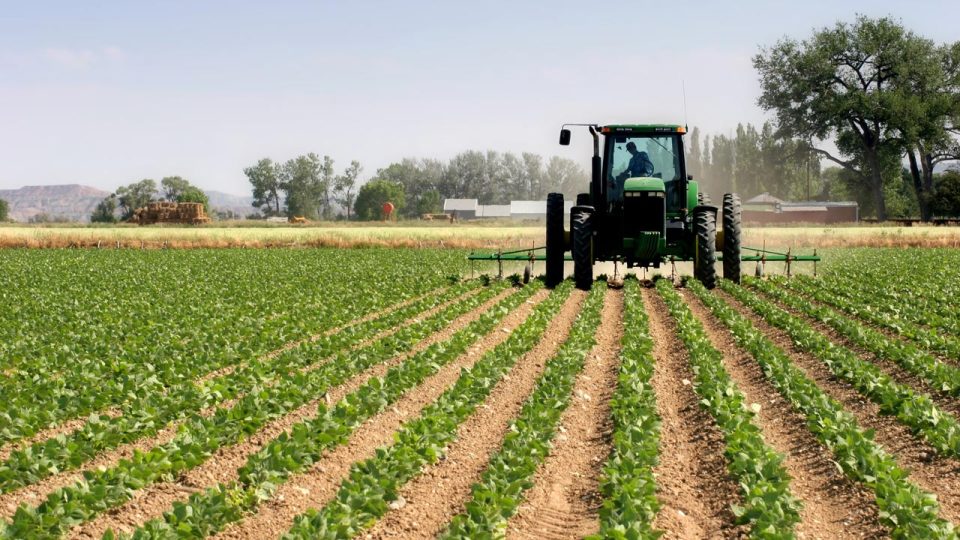Dr Kazee Akande, an educationist has said that investment in agriculture is the best solution to hunger, inflation, and the general increase in prices of goods and commodities faced by Nigerians.
In a statement released on Monday, the educationist, who is also an agricultural expert, shared insightful solutions aimed at tackling the root causes of these problems and fostering sustainable development in Nigeria.
According to him, economic hardship has not only affected the lives of individuals and families but also poses significant threats to the economy, food security and economic stability in the country.
Meanwhile, he commended the efforts of the Oyo State Government, which has paid due attention to the development of agriculture in the state and appreciated the Nigerian Incentive-Based Risk Sharing System for Agricultural Lending (NIRSAL) for its significant impact on agricultural productivity in Nigeria,
He said, “In January, the UN estimated that more than 25 million people in Nigeria could face food insecurity this year—a 47% increase from the 17 million people already at risk of going hungry, mainly due to ongoing insecurity, protracted conflicts, and rising food prices. An estimated two million children under five are likely to be pushed into acute malnutrition in 2023.
“In response, Nigeria declared a state of emergency on food insecurity, recognising the urgent need to tackle food shortages, stabilise rising prices, and protect farmers facing violence from armed groups. Without addressing the insecurity challenges, farmers will continue to struggle to feed their families and boost food production.”
However, he advised that in light of the daunting challenges, it is imperative to address the problems in between insecurity and agricultural productivity in Nigeria comprehensively including enhanced security measures, conflict resolution mechanisms, infrastructure development, climate-resilient agriculture, improved access to finance, and capacity building for farmers.
He added that by adopting these strategies, Nigeria can work towards ensuring food security, reducing poverty, and fostering sustainable economic growth in its vital agricultural sector.
He emphasised the importance of collaborating with tertiary institutions to harness the potential of innovation and technology to boost agricultural productivity.
In his words: “By partnering with these institutions, the government can leverage research findings and expertise to improve farming practices, develop high-yielding crop varieties, and enhance agricultural techniques.
“Additionally, providing access to farmlands for farming activities enables farmers to increase their production capacity and contribute to food security in the country. Allocating arable land enables smallholder farmers to expand their operations and contribute to food security at the grassroots level.
“Promotion of sustainable land management practices, such as agroforestry and conservation agriculture, to improve soil fertility and enhance long-term agricultural productivity.
“There is a need for the government to invest in data collection and analysis capabilities to inform evidence-based policymaking, monitor progress, and evaluate the impact of interventions.
“The government should also strengthen collaboration with neighbouring countries and international organisations to address regional security challenges, harmonise agricultural policies, and provide conflict-sensitivity training to agricultural extension workers.
“Rapid response mechanisms should be developed to provide humanitarian assistance, including food aid and shelter, to communities affected by insecurity.
“The government should create specialised task forces or committees composed of experts, while adequate financial allocations and resources should be earmarked to support the implementation of these policies and programmes. Clear reporting mechanisms and audits should be established to track expenditures and prevent misuse.
“The government should conduct frequent impact assessments to evaluate the effectiveness of policies and programmes.
“Collaboration among various stakeholders, including government agencies, civil society organisations, development partners, and local communities, is essential. Interagency coordination and cooperation will prevent duplication of efforts and enhance synergy. Regular consultations with stakeholders, including farmers, herders, community leaders, and experts, are vital”, he said.

